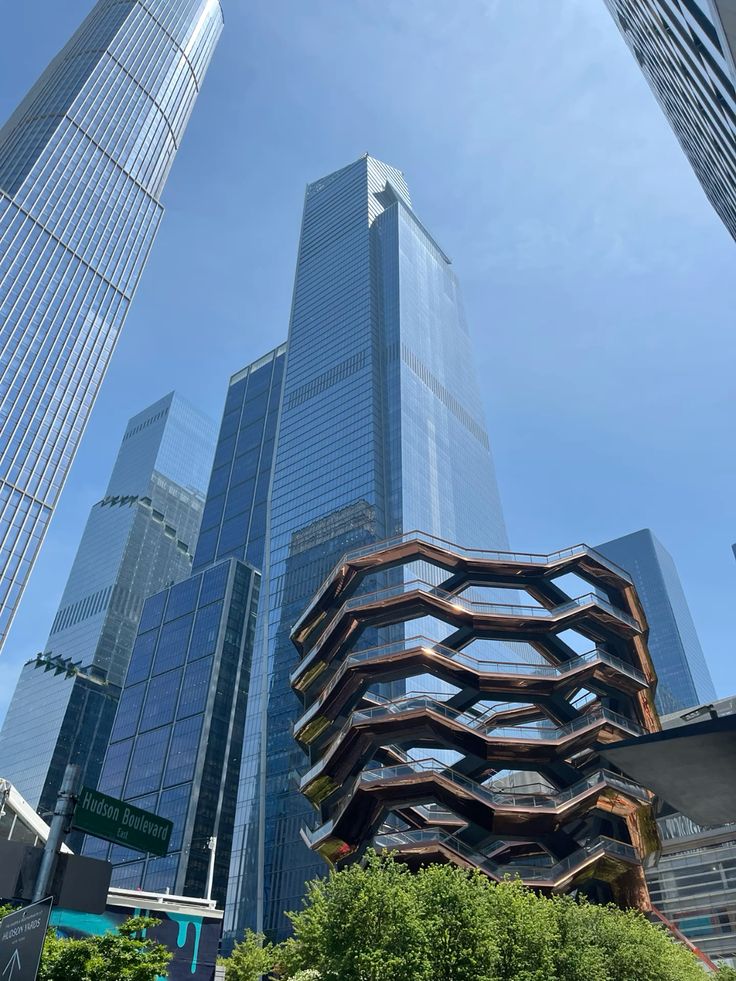In today’s environmentally conscious world, businesses are increasingly prioritizing sustainability in their construction and renovation projects. One crucial aspect of sustainable building design is the selection of materials for windows and doors, which play a significant role in energy efficiency, durability, and environmental impact. McDowell Glass, a leader in sustainable building solutions, explores the best materials for commercial windows and doors that align with both environmental goals and practical building requirements.
Understanding Commercial Windows and Doors
Sustainable materials are those that minimize negative environmental impacts throughout their lifecycle, from extraction and production to use and disposal. For commercial doors and windows, sustainability criteria typically include energy efficiency, recyclability, durability, and the use of renewable resources.
A Traditional and Renewable Choice
Wood has long been valued for its natural aesthetic and sustainability credentials. In the realm of commercial doors and windows, sustainably sourced wood such as FSC-certified timber offers excellent thermal performance, reducing heating and cooling costs. Wood is also biodegradable and can be recycled or repurposed at the end of its lifespan, making it a preferred choice for environmentally conscious businesses.
Lightweight and Recyclable
Aluminum is another popular material for commercial windows and doors due to its strength, durability, and recyclability. McDowell Glass utilizes high-quality aluminum frames that can withstand harsh weather conditions while offering slim sightlines for maximum natural light. Aluminum is infinitely recyclable without any loss of quality, making it a sustainable choice for projects aiming to reduce environmental impact through efficient material use.
Strong and Low Maintenance
Fiberglass has gained traction in the commercial construction sector for its strength, low maintenance requirements, and energy efficiency. Fiberglass frames are highly durable, resisting warping, rotting, and corrosion, which extends their lifespan and reduces the need for replacement. McDowell Glass integrates fiberglass components in windows & doors to enhance energy efficiency and provide long-term performance benefits, contributing to sustainable building practices.
Cost-Effective and Energy Efficient
Vinyl is known for its affordability, energy efficiency, and low maintenance characteristics, making it a practical choice for commercial applications. While not as widely recyclable as aluminum, vinyl frames offer excellent thermal performance and durability, reducing energy consumption over the building’s lifetime. McDowell Glass offers vinyl windows & doors that meet rigorous energy efficiency standards while providing cost-effective solutions for sustainable building projects.
Innovation for Sustainability
Composite materials, such as wood-plastic composites (WPCs) or engineered wood, blend the benefits of different materials to enhance sustainability and performance. These materials often combine wood fibers with recycled plastics or resins to create strong, durable frames with minimal environmental impact. McDowell Glass stays at the forefront of innovation by exploring composite options that meet both aesthetic and sustainability criteria for commercial doors and windows.
Triple Glazing and Insulated Glass Units (IGUs)
In addition to frame materials, the choice of glazing significantly impacts the energy efficiency of commercial doors and windows. Triple glazing and IGUs feature multiple layers of glass separated by insulating gas fills, reducing heat transfer and enhancing thermal performance. McDowell Glass incorporates advanced glazing technologies into its products to improve energy efficiency, sound insulation, and overall comfort in commercial buildings, aligning with sustainable building practices.
Conclusion
Choosing the best materials for sustainable commercial doors and windows involves balancing environmental considerations with functional and aesthetic requirements. McDowell Glass advocates for materials like wood, aluminum, fiberglass, vinyl, and composite options that offer energy efficiency, durability, and recyclability. By prioritizing sustainable building practices, businesses can reduce their carbon footprint and operational costs while creating healthier and more comfortable environments for occupants. McDowell Glass continues to innovate and provide solutions that meet the evolving needs of sustainable commercial construction, ensuring a brighter future for both businesses and the planet.
